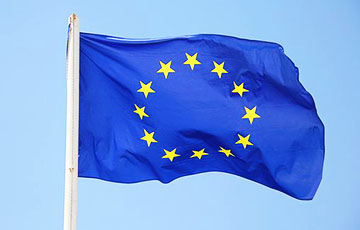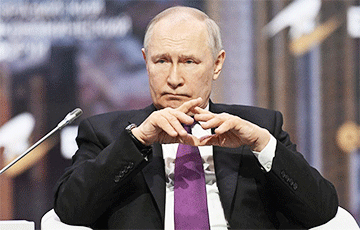New EU Sanctions Could Cut Russian Oil Prices By 15%
3- 14.07.2025, 18:17
- 1,756

The 18th package of EU sanctions against Russia will include a price ceiling clause.
New measures from the 18th package of EU sanctions against Russia, which is still to be approved by the countries of the community, imply a 15% reduction in Russian oil prices from the global average. This was reported on Monday, July 14, by Reuters and Politico. On July 11, the American agency Bloomberg wrote about the same.
Media: The price will be reduced by 15% from the market average
According to their sources, the EU proposes to calculate the average value of oil prices at the end of several months and set a limit on the cost of Russian raw materials at 15% below this figure. Now the threshold is fixed and is 60 dollars per barrel.
According to Reuters, the average price will be updated every six months. According to Bloomberg - every ten weeks or three months. According to Politico - once every three months.
Reuters writes that immediately after the introduction of new measures the limit for oil from Russia will be 47 dollars per barrel. Bloomberg estimates this figure at 50 dollars. Now the European brand Brent is trading at around $70 per barrel.
July 11, EU diplomats told DW that the EU countries have not yet managed to agree on the 18th package of sanctions against Russia: it was blocked by Slovakia, the discussion of the oil price ceiling also continued. DW sources confirmed that a movable price ceiling is being discussed, which will be regularly revised depending on the market situation.
July 14, European Commission spokeswoman Paula Pinho at a press briefing did not comment on the data about a 15% price drop. According to her, the discussion within the EU about the 18th package of sanctions is ongoing, and all member states need the agreement of all member states to approve it. Pinho noted that the sanctions will become more effective if the G7 countries join them. Of the non-EU members, these include the United States, Canada, Britain and Japan.
As Reuters writes on July 14, Slovakia did agree to the new sanctions. Bloomberg notes that initially Greece, Malta and Cyprus were also against the restrictions, but then they also agreed.











